Emmanuel Pears. "Grumbling", devoted to Bonaparte
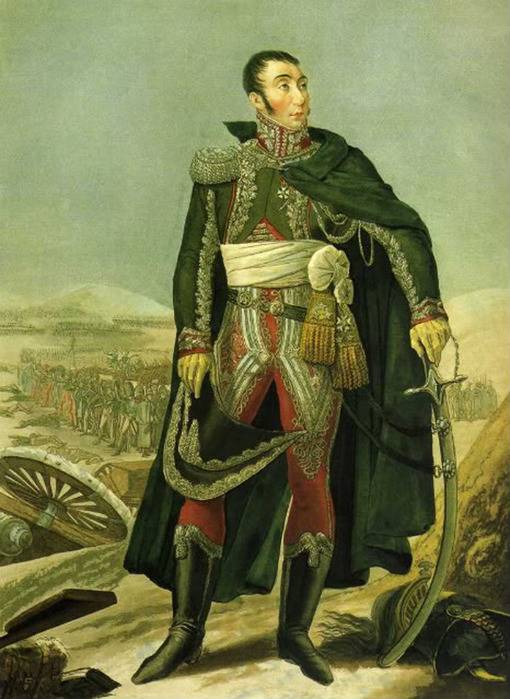
Emmanuel de Roberto Grouchy is one of the few marshals of Napoleon who had a noble origin. His family was very respected in Normandy, and the first mention of the ancestors of the marshal can be found in the sources of the time of Charlemagne. One of the representatives of this kind took part in the first crusade. Emmanuel's father bore the title of Chevalier de Grouchy de Roberto, Seigneur de Villette, Cordecourt and Sagny. In his youth, he was a page of Louis XV, which testifies to the nobility of his family and family. One of Emmanuel Grouchy's sisters became the wife of the Marquis de Condorcet.
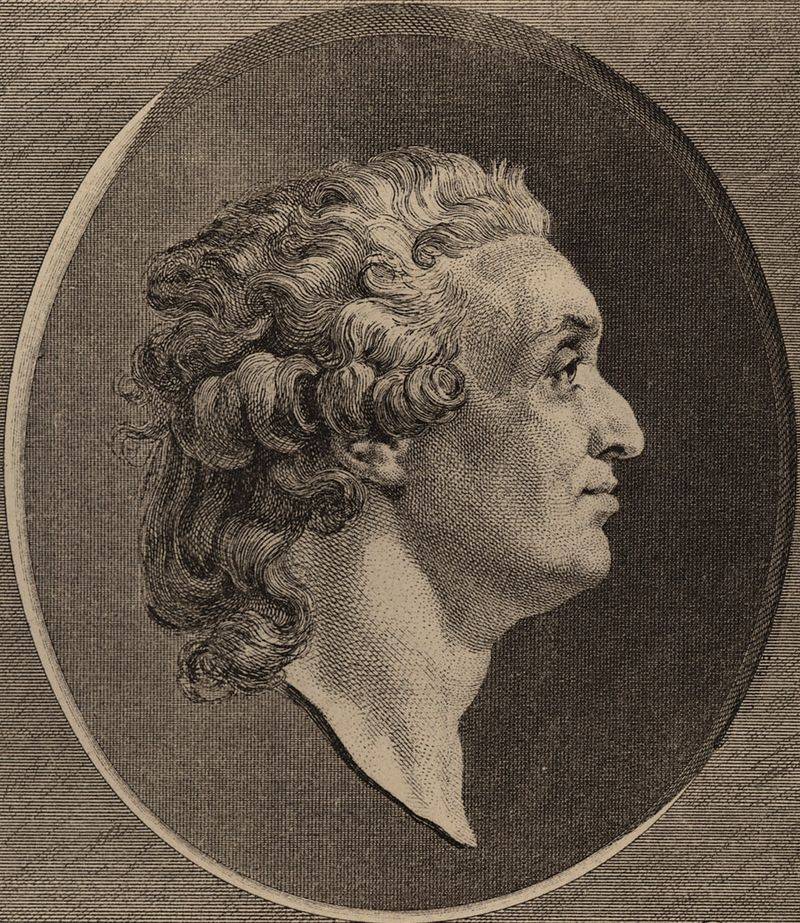
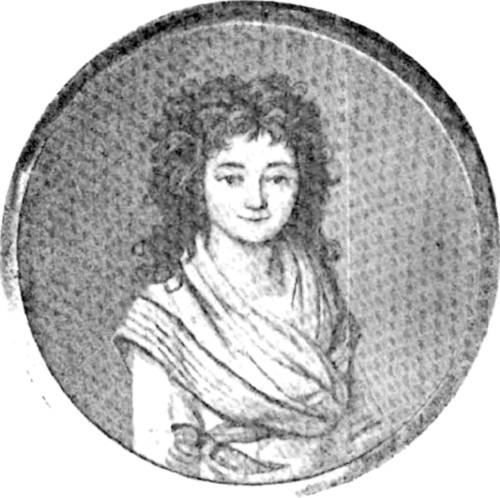
Another sister of Emmanuel Grouchy, Charlotte Felicita, married the politician, philosopher and physician Pierre Cabanis in 1796. He was a friend of Mirabeau, Condorcet and Sieyes, became a member of the Council of Five Hundred, a senator, Chevalier of the Legion of Honor, Count of Bonaparte's empire. It was he who came up with the idea of "hospital diaries" (a prototype of a medical record). It is curious that Charlotte had lived with her future husband since 1791 and at the time of the marriage she had already given birth to two children from him.
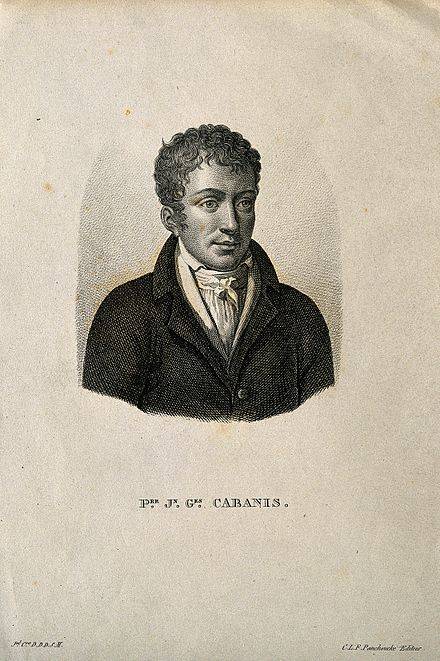
Emmanuel Pears himself in 1785 married Countess Cecile Felicite Celeste Le Dulce. After widowing, in 1827 he married Fanny Yua.
The beginning of the career of Emmanuel Grouchy
The future marshal was born on October 23, 1766. In Russian, his surname sounds rather frivolous, for some it evokes associations with the famous fairy tale by J. Rodari. However, literally translated from French, grouchy means “grouchy”, “grouchy”. According to the memoirs of contemporaries, this surname surprisingly corresponded to the character of Pear, whom R. Delderfield called "a born pessimist." Grushi was almost constantly in the most melancholic mood, which, however, did not affect his business qualities in any way.
He studied military affairs at the Strasbourg military artillery school, which he entered in 1780 - when he was not yet 14 years old. He began his service in the artillery regiment of La Fere. In 1784 he received the rank of captain and was transferred to the foreign royal cavalry regiment. The choice of the type of troops was successful: in history Emmanuel Grouchy will enter as one of the best cavalry commanders of his time. General Drouet d'Erlon, for example, later called him "one of our most distinguished military leaders".
In 1785 Pears was presented to Louis XVI and even invited to the royal hunt. In 1786 he was appointed to a Scottish company of the Royal Guard, where he received the post of second lieutenant, which corresponded to the army rank of lieutenant colonel. By the way, this connection led its history from those Scottish parts that were described in some novels by Walter Scott. At that time he was 20 years old, and one must think that even without the revolution, the career of the young Marquis Pear would have been quite successful. However, in royal France, she probably would not have been so brilliant.
Pears in the army of republican France
23-year-old aristocrat Emmanuel Grouchy supported the French Revolution from the very beginning and even left the guard. This news shocked many people in Paris. The general opinion was expressed by Duke Louis of Angoulême, nephew of Louis XVI, who wrote:
At first, Grushi entered the Cavalry Regiment, but soon moved to the Dragoons.
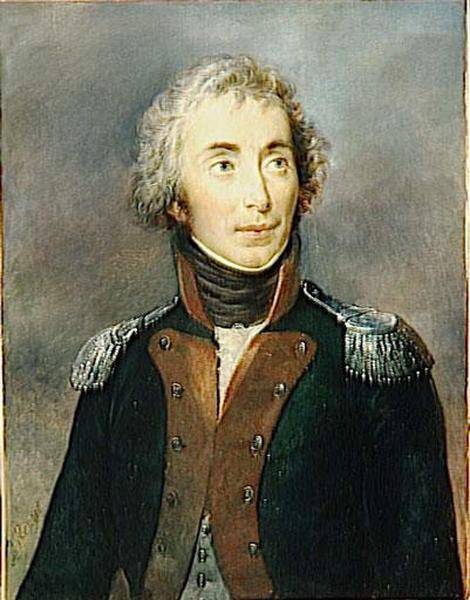
Finally, he finds himself in a hussar regiment, with which, with the rank of colonel, as part of the Army of the Alps, he participates in the conquest of Savoy (in 1792). As a result of this campaign, Pears received the rank of brigadier general.
The next theater of operations for Pear was the Vendée, where he took part in the defense against the rebels of Nantes (here he was wounded in the arm).
There were no grounds for suspicion of his activities. Nevertheless, Emmanuel Grouchy was dismissed from the army for his aristocratic origin, but was reinstated through the efforts of another former marquis, Lafayette. He even got promoted to brigadier general. However, after the Convention decided in August 1793 to retire all officers of the nobility, Pears still had to leave the army. He was also forbidden to approach closer than 80 miles to Paris, the borders of France and the front line. Like many other nobles, Pears was able to return to military service after the Thermidorian coup and the fall of Robespierre. In June 1795, he was again assigned to the Vendée, where he became the chief of staff of the army of General Hoche and took part in the defeat of the landing of emigrants on the Quibron Peninsula.
In late 1796 and early 1797, Gosh and Pears attempted to land troops in Ireland, but bad weather prevented this expedition. The ships of the French squadron were separated, and among those ships that nevertheless managed to come to the place of the proposed landing, there was no Gosh ship. Admiral Bouvet categorically objected to the continuation of the operation, citing bad weather, and Pears, who was in charge, did not dare to give the order. As a result, the French only ingloriously lost 12 ships, the largest of which was the 74-gun Droits de l'Homme.
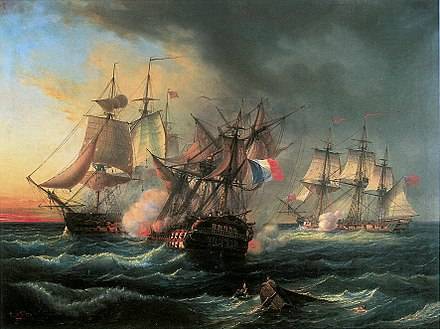
In 1798, about two thousand French soldiers nevertheless landed on the shores of Ireland, but they could not gain a foothold here. But Pears by that time had already been transferred to the Italian army. In the battle at Trebbia, two horses were killed under him. And in the battle of Novi (August 15, 1799), which was described in the article "The Fatum of General Joubert", Pears received 14 wounds (among them 4 saber and several bayonet wounds) and was captured. Here, his treatment was entrusted to the personal physician of Tsarevich Konstantin. Other high-ranking prisoners of Suvorov after the Battle of Novi were generals Catherine-Dominique Pérignon (future marshal) and Louis Léonard Antoine de Colli-Ricci. Another future marshal, Serurier, was captured earlier - during the battle near the Adda River.
After the exchange of prisoners and return to France, Grouchy was in reserve for some time. He did not support the coup of 18 Brumaire, but this had no consequences for him. In the summer of 1800, Grouchy fought the Austrians again. He also replaced the ill MacDonald for some time, taking command of his division. Then he was sent to the army of General Moreau. In the decisive battle at Hohenlinden (Hohenlinden, December 3, 1800), the key role was played by the divisions of Ney and Grusha, who were in the center, who at first held back the blows of the Austrian units, and then overturned them.
Pears in Imperial France
Pear's good relationship with Moreau aroused Bonaparte's suspicions. Nevertheless, he received the Order of the Legion of Honor established by Napoleon (he became a great officer), in 1805 he commanded a division in the battles of Wertingen, Günzburg and Ulm. But then Pears fell ill and was forced to go to France for treatment.
In 1806, Grouchy participated in the battle of Jena and, at the head of the dragoon units, pursued the defeated Prussian army of Hohenlohe, capturing its commander. Pear's subordinate units were the first to enter Lübeck.
On October 25, 1806, during a review of troops in Berlin, the first personal meeting between Pear and Bonaparte took place. Napoleon knew how to find a common language with useful people and so fascinated Pears then that this general later became one of the most devoted supporters of the emperor.
The next big battle of Pear was the battle of Preussisch-Eylau, which took place on February 7-8 (January 26-27), 1807. His cavalrymen participated in the famous attack of 80 squadrons on the center of the Russian army, which was personally led by Murat. This cavalry attack is often called the most desperate and beautiful (and, moreover, successful) in world history. After this battle, only 1 of Pear's 200 dragoons remained in service. The general himself was seriously injured, falling to the ground along with a horse killed under him. His son Alphonse, so-lieutenant of the 4th Dragoons, was knocked out of the saddle by a pike blow to the shoulder.
In the battle near Friedland, Pears on the left flank of Heinrichsdorf personally led the attacks of his squadrons 15 times and, as a result of the battle, received the badge of the Great Eagle of the Order of the Legion of Honor. Bonaparte noted in the 79th Bulletin of the Grand Army:
In 1808 Pears became count of the French Empire. In the same year we see him in Spain, where he acted as governor of Madrid and put down the May uprising.
In the campaign of 1809 against Austria, Grouchy was in the position of commander of the cavalry of the Italian army. The attack of his cavalry brought the French victory at the Battle of Raab on 14 June. This army, led by Eugène Beauharnais and General MacDonald, came to Vienna with fighting and took part in the grand battle of Wagram, where it acted against the left flank of the Austrians. American historian Joel Tyler Hadley wrote that Pears
In the future, Grouchy pursued the retreating Austrians and defeated their rearguard units. At the end of this war, he received the post of Colonel-General of the Guards Horse Rangers, replacing Marmont in this post. The appointment put him on a par with other guards colonel-generals. And among them once were relatives of Napoleon - Eugene Beauharnais, Louis Bonaparte.
The current colonel-generals of the guard then were marshals Davout, Bessieres, Mortier, mortally wounded in the battle of Essling Lannes, as well as well-known generals, for example, Junot, Suchet, Saint-Cyr (Suchet and Saint-Cyr would become marshals).
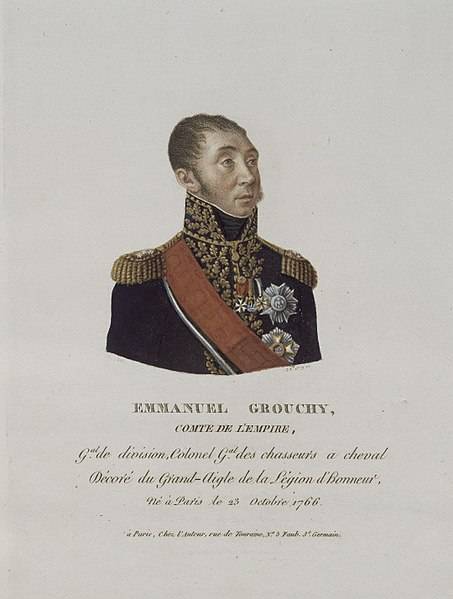
Pears in the combat campaign of 1812
During the war of 1812, Grushy was placed at the head of the III Cavalry Corps, which was the first to cross the Dnieper. He took part in the battle of Smolensk. In the Battle of Borodino, Grusha's corps fought in the center - for the Kurgan height, on which Raevsky's battery was located. At the same time, Grushi himself was shell-shocked, having fallen from a horse hit by buckshot, even before his subordinates entered the battle. After the fall of the Kurgan height, the cavalrymen of the III Corps attacked the Russian troops located to the north of it. In a stubborn battle, they also had to repel Russian counterattacks. The actions of Pear's subordinates were praised by the direct commander of this general, Eugene Beauharnais, and Count Segur. During this battle, Pears, in addition to the aforementioned shell shock, also received a bullet wound in the chest, after which he transferred command of the corps to General Lagusse. The losses of III Corps were horrendous. In a letter addressed to his wife and dated October 16, 1812, Grushy writes that the French cavalry after the Battle of Moscow (Battle of Borodino) can be considered "completely destroyed."
During the retreat from Moscow, Grushi led the remaining combat-ready cavalry units. This unit is often called the "Holy Squadron" in France. He took part in the Battle of Maloyaroslavets, and also managed to save part of the French artillery near Vyazma.
Returning to France, Pears resigned. The official reason was the need to treat the wounds received, as well as the aggravated rheumatism. However, some said that Pears was offended by Bonaparte, who did not want to give him a promotion, appointing him commander of a more significant formation of troops.
1813 and 1814 years
Pears returned to the service at the end of 1813. Since Murat had already left for Naples, it was Grouchy who was entrusted with the command of the entire French cavalry. He participated in the battles of Colmar, Brienne, La Rothiere, Vauchamps and Montmirail. In the battles at Troyes and at Craonne, Pears received another wound. The latter turned out to be serious, and therefore Pears did not take part in the events preceding the first abdication of Bonaparte. Having sworn allegiance to Louis XVIII, he received the Order of St. Louis and the post of inspector general of the cavalry.
In the next article, we will finish the story about Emmanuel Grouchy and try to understand the tragic events of the fateful day of June 18, 1815, which marked the final end of Bonaparte's empire.
Information